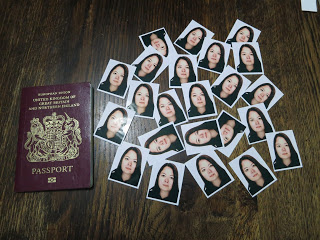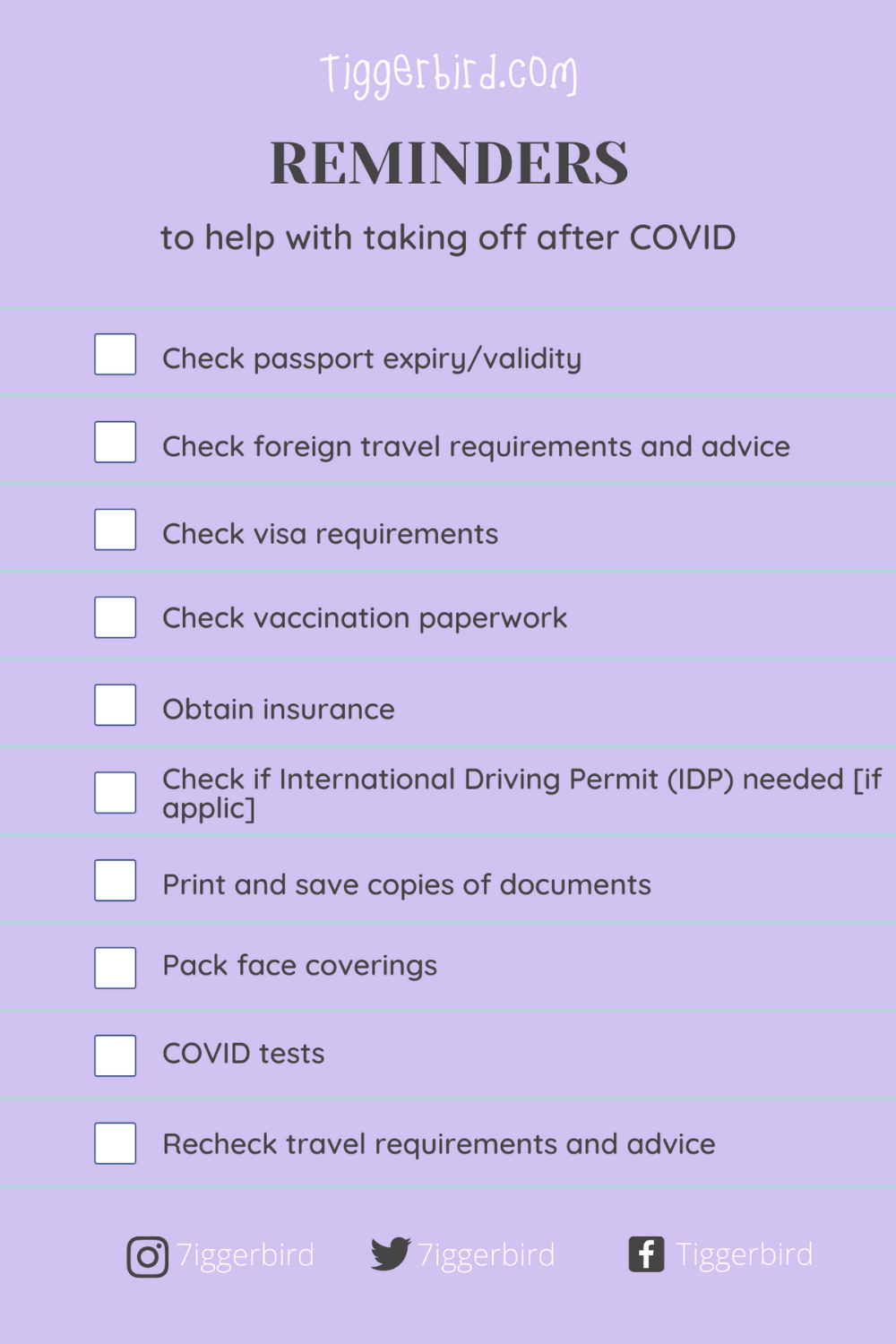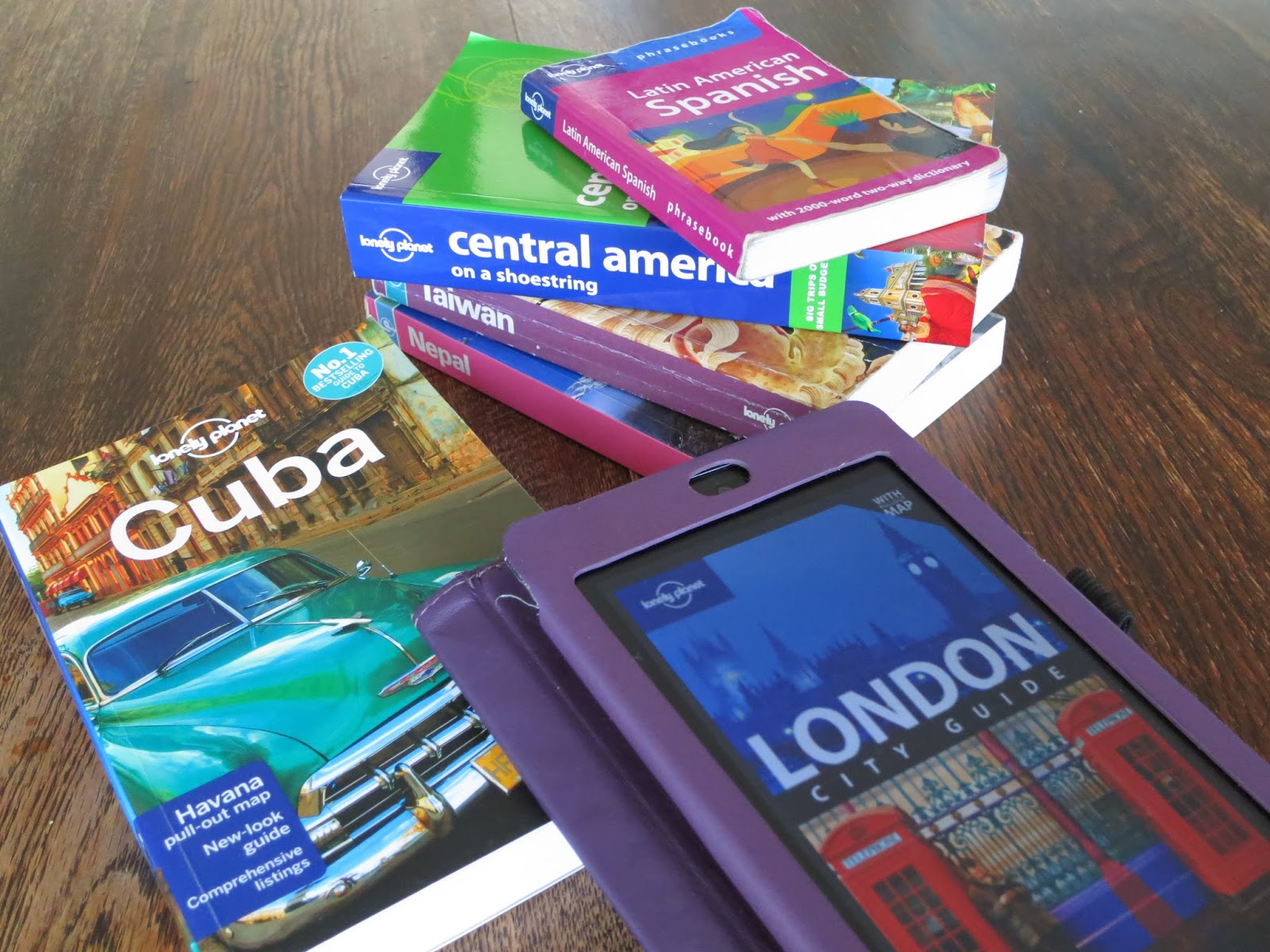Even though countries are finally opening up don’t under estimate the planning needed before travelling overseas. Despite being well travelled there was a lot to consider ahead of my first trip. Here’s a few reminders to help with taking off after COVID.
Although this seems obvious, make sure you re-check the latest travel guidelines for your chosen destination. If you haven’t travelled from the UK post Brexit, you may also want to remind yourself of the changes since January 2020. I’ve indicated where to find some of this information below.
1 Travelling to the UK
Note that all remaining Covid travel measures, including the passenger locator form and tests for all arrivals, have now been removed in respect of travel to the UK. That’s one less thing to deal with.
2. Passport
Make sure your passport is valid for more than 6 months, or renew it. If you renewed your passport early, last time, the extra days added onto the standard 10 years will not count towards the 6 month expiry window.

3. Destination requirements and advice
Check foreign travel advice for the countries on your itinerary and determine entry requirements. The UK governments FCDO travel advice for that destination may impact your insurance.
Some countries still have travel restrictions in place, so know what documents you need before booking but also check these again before departing as changes may be applied.
4. Visas
British Citizens may be granted visa free entry for short stays in the Schengen area. There is however a 90 day limit within a 6 month period. For longer visit make sure you obtain any visas with plenty of time.
5. Vaccinations
Make sure you know the vaccination entry requirements of your destination, or a country you are travelling through.
If you have been vaccinated against COVID make sure you familiarise yourself with the NHS COVID Pass to prove your vaccination status abroad. This currently expires after a month, so you may need to print/download a new certificate before you travel.
5. Insurance
Check what cover your travel insurance provides for COVID-related events, including medical treatment and travel disruption.
Many UK residents travelling to Europe had relied upon their EHIC card in the past and if this has not expired you will still be covered. It’s been replaced with GHIC, but both an EHIC or GHIC only covers medical treatment so you should also get travel insurance when travelling abroad.
For more advice read (although it’s an old post, the info still applies): How to avoid invalidating your travel insurance.
6. Driving
If you are taking your own car, make sure you obtain valid vehicle insurance and get a UK sticker. You might also need an international driving permit (IDP) to drive in some EU countries.
7. Documents
Take both hard copy printouts and electronic versions of key documents and ensure you know the requirements at your destination and any countries you plan to pass through. Documents in the wrong format may cause delays.
8. Face coverings
Take plenty of masks with you. Although some airlines have removed the requirement to wear face coverings on planes. Masks may be required on flights to a destination which continues to have “restrictions and legal requirements”.

A few handmade fabric masks which contain a filter and are washable.
9. Stay safe
Try not to become complacent, even though we are now living with COVID in the UK, the rates are still high. You wouldn’t want to transmit it and ruin your holiday plans. I recommend limiting contact a few days before you travel, carry COVID tests with you and wear a mask in busy places to reduce the chance of transmission.
Stay safe and enjoy your trip but do check back or follow me on Facebook, Twitter or Instagram and/or share any other tips and recommendations.
Pin for later:






Very helpful reminders and information. Thank you.